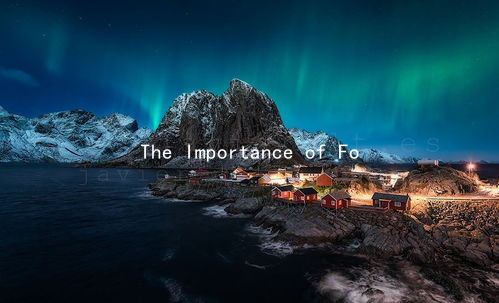The Importance of Forgiveness: Healing Wounds in Love
In the realm of love and relationships, the importance of forgiveness cannot be overstated. Every partnership faces challenges, misunderstandings, and sometimes betrayals. Whether it’s a minor disagreement or a significant breach of trust, how we handle these conflicts can either strengthen or weaken our bond. Forgiveness serves as a healing balm that can mend wounds and promote deeper connections.
At its core, forgiveness is the conscious decision to let go of resentment and the desire for retribution. In the context of love, this means acknowledging that both you and your partner are imperfect human beings capable of mistakes. When these mistakes occur, it is essential to address them constructively. Holding onto grudges not only affects the emotional state of the offended party but can also create a toxic atmosphere that stifles growth and intimacy.
One of the first steps in the forgiveness process is communication. Open dialogue allows both partners to express their feelings and perspectives. It is crucial to create a safe space where each person feels heard and validated. During these conversations, approachability and empathy are vital. Instead of placing blame, focus on how the actions impacted your emotions. This shift helps in fostering understanding rather than animosity.
Additionally, practicing empathy can pave the way for forgiveness. Try to comprehend your partner’s viewpoint and the factors that may have led them to act in a certain way. Was it a moment of weakness, stress, or perhaps a misunderstanding? By placing yourself in their shoes, you may find it easier to forgive and move forward rather than dwelling in the past.

Another key aspect of forgiveness is timing. It’s important to allow emotions to settle before diving into discussions about forgiveness. Immediate reactions can often be fueled by anger or hurt, leading to further conflict rather than resolution. Give yourselves time to reflect on the situation, which can result in healthier conversations and a genuine willingness to forgive.
Moreover, forgiveness is not a one-time act but rather an ongoing process. It requires commitment and reaffirmation from both partners to nurture a forgiving attitude. Make it a point to revisit and discuss any lingering feelings over time, reassuring each other of your mutual desire to move forward. Engaging in shared activities, such as counseling or workshops focused on relationship improvement, can also strengthen your bond through shared experiences and learning.
Lastly, remember that forgiveness benefits not only the relationship but also your personal wellbeing. Letting go of anger and resentment can significantly reduce stress and improve your mental health. Individuals who practice forgiveness often report higher levels of happiness and emotional wellbeing. By cultivating a forgiving heart, you pave the way for a more fulfilling and loving relationship.
In conclusion, forgiveness is an essential skill in navigating love. It requires effort, understanding, and a willingness to heal and grow together. Embracing forgiveness can transform conflict into an opportunity for deeper connection, ultimately enhancing the love you share. As you learn to forgive, you are not just liberating your partner; you are liberating yourself to love more freely and fully.





